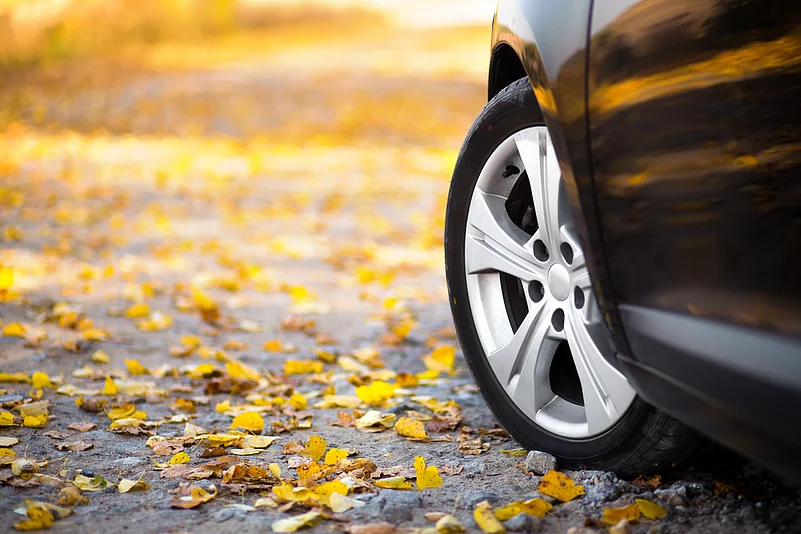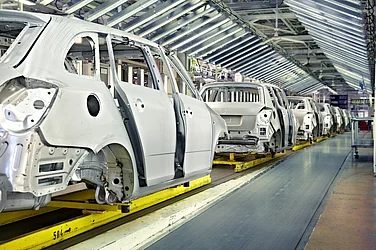Last year, India overtook Germany to become the fourth largest auto market in the world. While this highlights the opportunities in the market, this also underlines serious challenges. As new vehicles become more affordable, the number of cars per 1000 individuals has been increasing. We have been witnessing poor auto sales this year primarily due to the transition from BS-IV to BS-VI but it would not be incorrect to state that the number of vehicles has almost doubled in the last decade and the sector has witnessed a 10 per cent growth rate. However, while we add more cars rapidly, we are not scrapping old cars at the required rate. Since diesel vehicles have been allowed a 10-year term and petrol vehicles a 15-year life term, the older vehicles have to be dismantled and scrapped. India’s wait for a nationwide scrappage policy continues. However, if recent reports are to be believed we will soon have a vehicle scrappage policy which will let us know what to do with our ‘end-of-life’ vehicles.
Delhi has more than one crore vehicles. As per the Economic Survey (2017-18) Delhi itself has 556 motor vehicles per thousand people. Two-wheelers form close to two-thirds of the total vehicles in the city. Last year it was submitted on behalf of the Government of Delhi, before the Supreme Court, that out of 1.1 crore vehicles in Delhi, 40 lakh have been deregistered as they are either petrol vehicles more than 15 years old or diesel vehicles more than 10 years old. On August 24, 2018, the Delhi Transport Department issued Guidelines for Scrapping of Motor Vehicles in Delhi, 2018 (“Scrapping Guidelines”) wherein vehicles registered in Delhi shall be scrapped only by an authorised scrapper after expiry of 90 days from the date of their issuance. However, considerable time has passed since then and Delhi still does not have the necessary infrastructure, be it in terms of authorised scrapping centres or even spaces to store the confiscated vehicles which are past their lifetime.
The Scrapping Guidelines define ELV or ‘end of life vehicles’ to mean petrol vehicles which have completed 15 years of registration and diesel vehicles which have completed 10 years of registration and those vehicles which have become unusable due to accidents or otherwise. However, so far as the impounding procedure is concerned, the guidelines provided for impounding of diesel vehicles is more than 15 years old. This created a bit of confusion as diesel vehicles which are more than 10 years old have already been banned from plying on Delhi roads and hence it was difficult to understand as to why the limit had been raised to 15 years when it comes to impounding such vehicles. This dichotomy caused many such vehicles to not be impounded but it was believed that they would start with impounding the 15 year-old diesel vehicles first and then target the 10 year old diesel vehicles.
While Delhi has taken the first step in framing the Scrapping Guidelines, the national guidelines in this regard are expected soon. The auto industry has been advocating for the implementation of the Automotive Industry Standards - 129 that provide for recycling of vehicles. Last year, the first organised vehicle recycling unit in India was set-up in Greater Noida through a public-private partnership. Last week the minister for road transport and highways also made a statement that the scrappage policy would soon come into effect. This would mean that approximately two crore vehicles older than 15 years would be required to re-register as per the stricter norms or go off-road. This also means that new avenues would open-up in this space and more importantly the struggling automobile companies in India would get a new boost.
The new policy would be a blessing for the air quality as more polluting older vehicles would go off the roads all across the country and new BS-VI vehicles with cleaner emissions would replace them. A lot will depend on the incentivisation scheme that the government floats, like the ones in the US and Canada, so that there is a faster acceptance of the scheme by Indian citizens. Registration waiver of new vehicles for those scrapping older ones, renewal of fitness certificates, re-registration fee for older vehicles etc. would help implement the policy faster.
The author is a Partner at Khaitan & Co


























